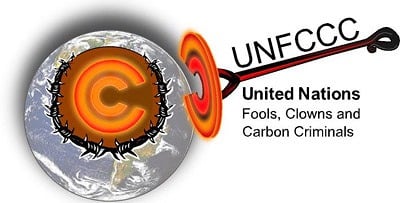South Africa

Photo by Orin Langelle/GJEP.
Climate talks: A dirty deal coming down in Durban

Photo: Orin Langelle/GJEP.
South Africa: ANC hirelings attempt to hijack march, attack left

Durban climate talks: ‘Forests are not for carbon stocks’ -- climate justice activists condemn REDD

Photo: Anne Petermann/GJEP-GFC.
South Africa: Rural women demand action on climate change

[For more on the COP17 Durban climate talks, click HERE.]
Memorandum from the Rural Women's Assembly to the UNFCCC, the government of the Republic of South Africa and the governments of Africa
December 4, 2011 -- We the Rural Women's Assembly of Southern Africa, meeting in Durban on the event of the 17th Conference of Parties of the UNFCCC in Durban [COP17] from November 30 to December 5, 2011, demand that governments take the following immediate steps to address the clear and present danger posed to rural communities by the climate crisis.
1. A climate deal that will take meaningful steps to halt the climate crisis by cutting carbon emissions. Historical emitters who are responsible for 75% of greenhouse gases (GHGs) must face trade and investment sanctions if they refuse to cut emissions, particularly from African governments, as Africa has contributed least to climate change, but is the worst affected.
Climate change talks: Occupy Durban! For a Climate Spring!

By Patrick Bond
